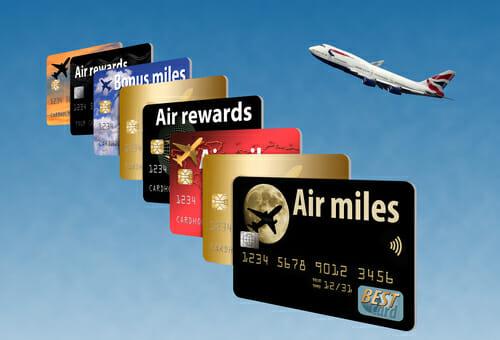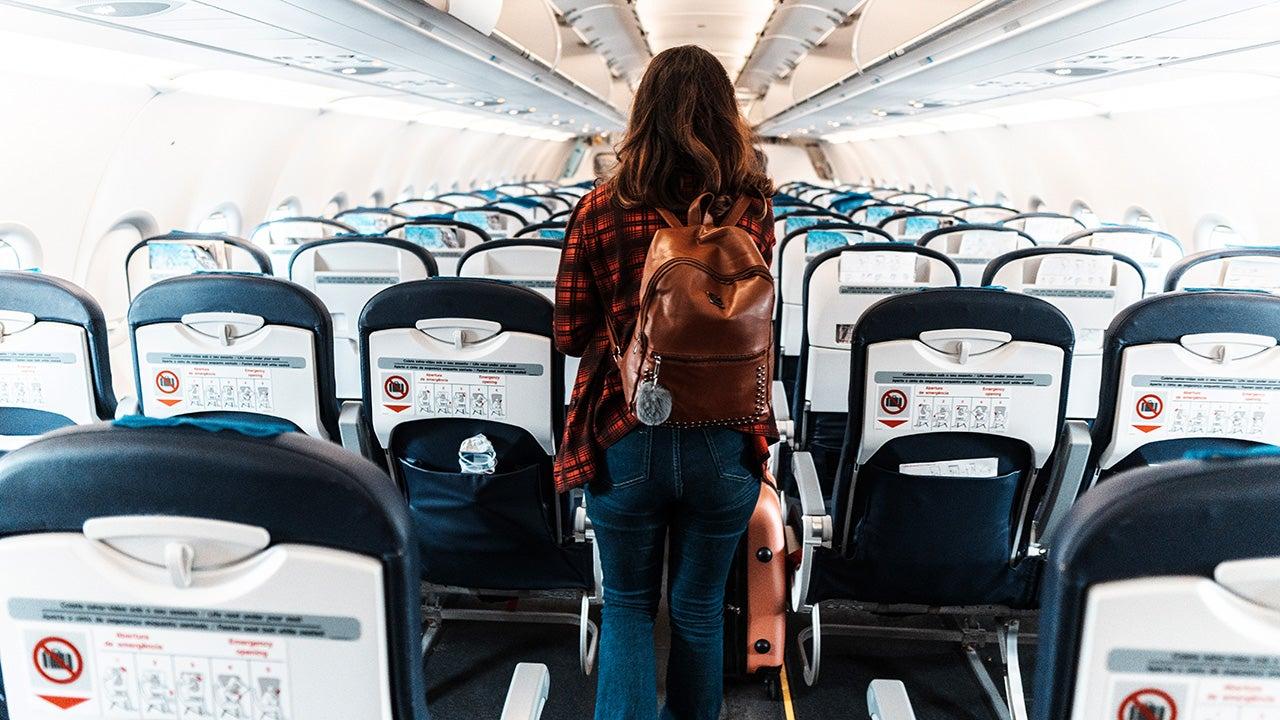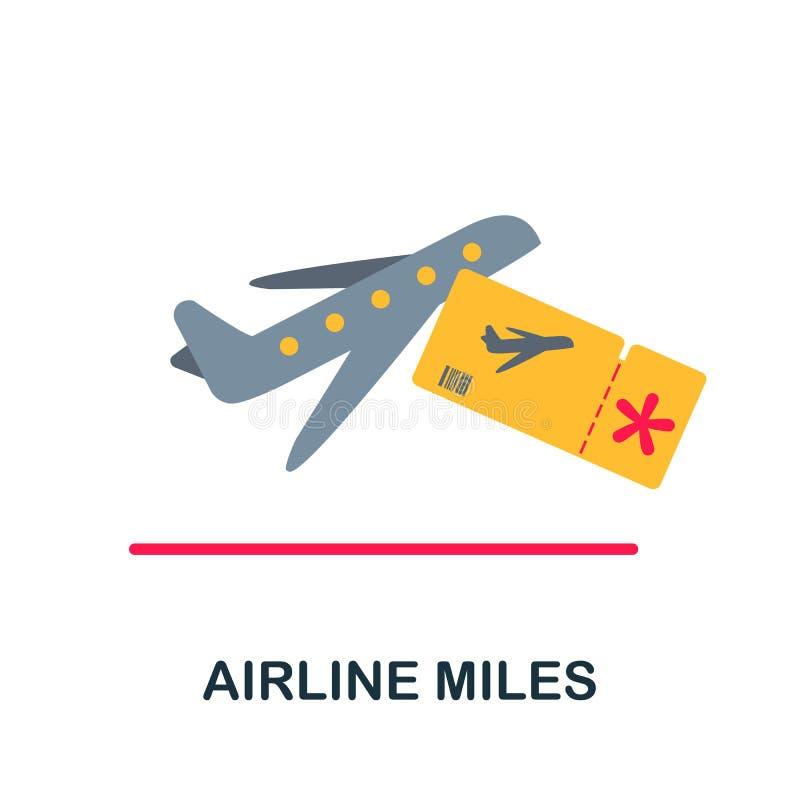
In the vast expanse of the aviation world, where the roar of engines and the allure of distant horizons beckon, a different kind of currency takes flight—airline miles. These intangible treasures, earned through loyalty and adventure, hold the promise of future journeys, upgrades, and exclusive experiences. Yet, beneath their alluring veneer lies a question that intrigues both the seasoned traveler and the curious novice: How does one truly measure the value of these elusive miles? In this exploration, we delve into the art and science of calculating the worth of airline miles, unveiling the secrets that transform them from mere numbers into gateways of possibility. Whether you’re a globe-trotter eager to maximize your next redemption or a newcomer seeking to navigate this intricate landscape, join us as we unravel the complexities and unveil the strategies to make your miles work for you.
Understanding the Basics of Airline Miles Valuation
Airline miles can be a valuable asset when planning your next adventure, but understanding their true worth can often be a bit perplexing. The valuation of airline miles isn’t just a straightforward process, as it involves a blend of factors that contribute to their ultimate utility. To navigate this landscape, consider the following key elements that influence how much your miles are truly worth:
- Redemption Options: The value of your miles can vary significantly depending on how you choose to redeem them. Flights, upgrades, and even hotel stays can all offer different redemption values.
- Travel Dates: Peak travel seasons often require more miles for the same routes compared to off-peak times, impacting the overall value you receive.
- Class of Service: Using miles for a first-class or business-class ticket can provide a higher per-mile value compared to economy class.
- Cash Value of Ticket: Compare the cash price of a ticket to the number of miles needed. A higher cash price can lead to a better value per mile when redeeming for that flight.
Understanding these elements can help you strategically maximize the potential of your miles, turning them into powerful tools for cost-effective travel. Whether you’re eyeing a luxurious upgrade or planning a spontaneous getaway, knowing how to calculate the value of your miles ensures you’re making the most of every journey.

Exploring Factors That Influence Redemption Value
When delving into the intricacies of airline miles, several key factors come into play that significantly impact their redemption value. Understanding these elements can help you maximize your travel rewards and make informed decisions. Availability is a primary determinant; airlines often limit the number of seats available for miles redemption, particularly during peak travel seasons. This scarcity can drive up the perceived value of your miles when you find an available seat on a popular route. Flexibility in your travel plans can also enhance the value of your miles. Being open to different dates or destinations often leads to better redemption deals.
- Destination Popularity: High-demand destinations might require more miles, reducing their redemption value.
- Class of Service: Redeeming miles for premium cabins often yields a higher cents-per-mile value compared to economy class.
- Airline Alliances: Partner airlines can offer diverse routes and better redemption rates, enhancing value.
Moreover, the timing of your booking can be a game-changer. Booking well in advance or snapping up last-minute deals can both offer substantial value, depending on the airline’s pricing strategy. Additionally, consider the cash equivalent of the ticket you’re booking; comparing the cost of the flight if purchased with cash to the miles required can provide a clear picture of the value you’re receiving. These factors, when combined thoughtfully, empower travelers to unlock the full potential of their airline miles.

Comparing Redemption Options for Maximum Benefit
When it comes to making the most of your airline miles, the key lies in understanding the different ways you can redeem them and determining which options offer the greatest value. Airline miles can be used for a variety of purposes, from booking flights and upgrading seats to renting cars and reserving hotel stays. However, not all redemption options are created equal. To ensure you’re getting the maximum benefit, consider the following factors:
- Flight Bookings: Typically, using miles to book flights can offer the best value, especially for long-haul international trips. It’s crucial to compare the cash price of the ticket with the miles required to find the best deal.
- Upgrades: If you already have a booked ticket, using miles for an upgrade can be a strategic move. Evaluate the difference in experience and comfort against the miles spent.
- Partner Redemptions: Don’t overlook the potential of redeeming miles through airline alliances. Partner airlines might offer different redemption rates that can sometimes be more favorable.
- Non-Flight Options: While using miles for non-flight redemptions like hotel stays or car rentals might seem appealing, they often provide less value per mile compared to flight bookings.
By carefully analyzing these options and considering the cost per mile, you can maximize the value of your hard-earned miles and enjoy more rewarding travel experiences.

Expert Tips for Optimizing Your Airline Miles
Maximizing the value of your airline miles can be a game-changer in travel planning. To make the most of your miles, consider these expert tips that blend savvy calculation with strategic redemption:
- Understand the Mileage Programs: Familiarize yourself with different airlines’ mileage programs, as they often have varying rules and redemption values. Some may offer better rates for international flights, while others excel in domestic travel deals.
- Look for Sweet Spots: Each program has its “sweet spots” — routes or flight classes where your miles stretch further. Research these opportunities to find the best value for your miles.
- Factor in Fees and Taxes: Redemption isn’t just about the miles; consider any additional fees or taxes. Sometimes, a slightly higher mile cost with lower fees offers better overall value.
- Be Flexible: Flexibility with your travel dates and destinations can significantly enhance the value of your redemptions. Off-peak travel often requires fewer miles, offering greater savings.
- Leverage Transfer Partners: Use transfer partners to maximize your points. Converting miles between programs can unlock better redemption options, increasing their value.
By strategically analyzing these elements, you can effectively optimize your airline miles and ensure that every mile is utilized to its fullest potential.



